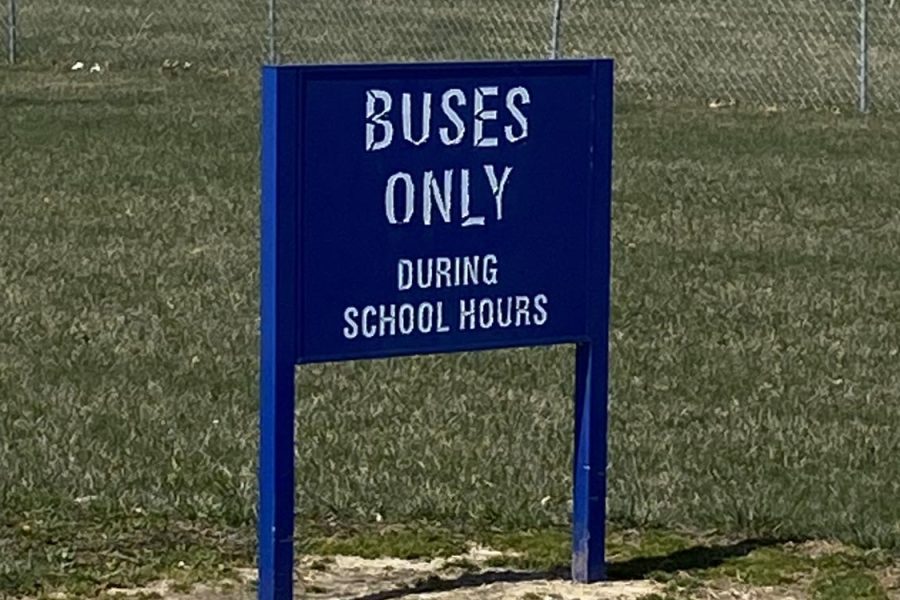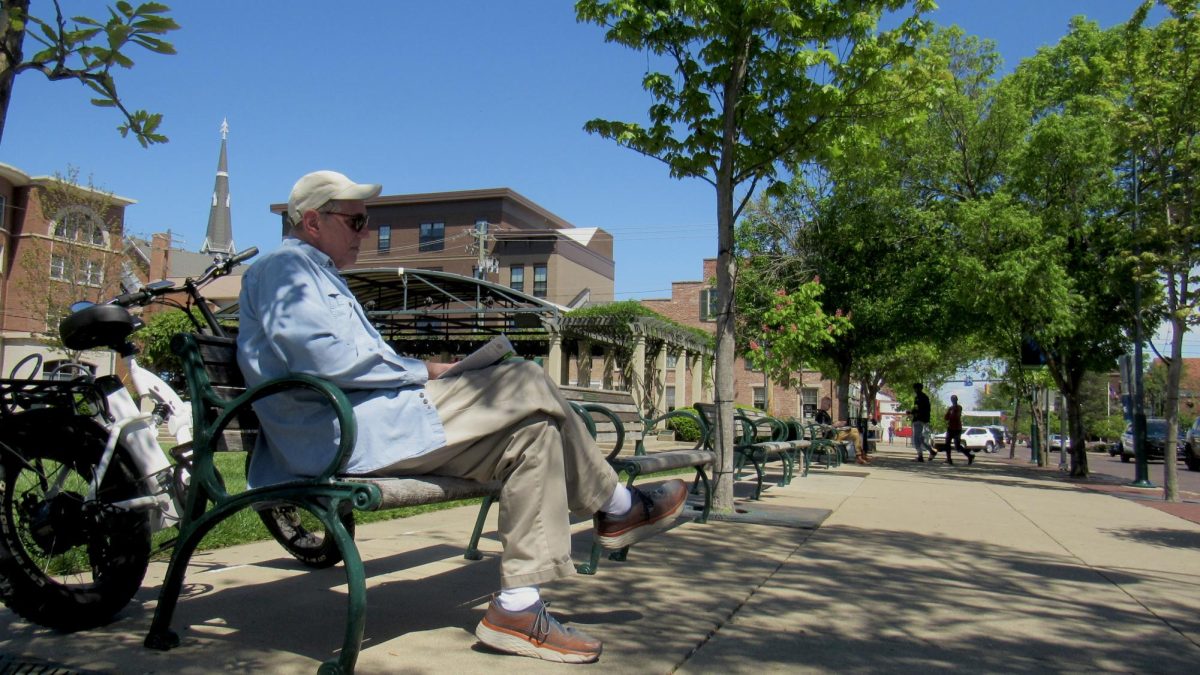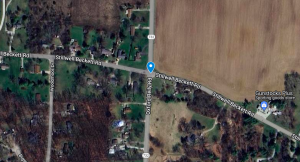Talawanda approves ‘one -tier’ busing for next year
This sign outside Talawanda High School will no longer be necessary with the elimination of busing for high school students.
March 30, 2023
The Talawanda School Board has voted to implement a “one tier” busing system for district children next year, eliminating separate routes for children who go to different schools.
As well, children who live less than two miles from their school will be expected to walk or arrange their own transportation. There will also be no busing for high schoolers, excluding special education students, said director of communications and public relations Holli Hansel.
“I think every person in Talawanda will be affected by the elimination of busing,” said Talawanda High School senior class president Jordan Gresham. “Until I got a car, I rode the bus home every day and couldn’t imagine what I would’ve had to do if there was no option for that.”
“I am positive this will make students late or skip school,” said Gresham. “When a bus this year wasn’t able to pick people up and drop them off there were a lot of absences.”
Hansel said that the district will ask families to sign up for busing, so it can determine how many students will use the service.
“It’s possible that some parents will provide transportation and may put less pressure and open flexibility for the system,” Hansel said.
At the March 16 meeting the board defeated a related “grade banding” proposal by a unanimous 5-0 vote. It would have designated Bogan Elementary for grades K-1, Marshall Elementary for grades 2-3 and Kramer Elementary for preschool and grades 4-5.
Hansel said the board did not set a timeframe for revisions to that proposal.
“I suspect that a new set of eyes will look at this proposal, a committee was formed and now different people may come in and help make changes,” Hansel said, adding that nothing is official as of right now.
Oxford community member Alexander Thurston is concerned about the cutting of key programs like art, music, and physical education. His petition against grade banding has amassed around 550 signatures, and he urges the board to look elsewhere for saving money, starting with the administration.
“A lot of people are upset about administrator pay,” Thurston said. “Administrators are paid higher than in neighboring schools.”
According to Thurston, one board member argued that salaries need to be higher to attract high-quality administrators.
With another proposal likely coming, Thurston is working on other ways to protest grade banding.
“We probably won’t petition again, but we will have to do other things to get our point across.” Thurston said.
The school district is scrambling to cut expenses after a proposed tax levy was rejected by voters in November. In that election, the Ohio School Boards Association reports that of 120 new school tax issues on local ballots statewide, only 33 failed. Existing levies tallied a 91% approval rate.
“[High approval rate for existing levies] is all the more reason to stand with the public school system, especially where district leaders will be adapting to the challenges of a failed proposal,” the group’s director of legislative services, Jennifer Hogue, wrote in a press release following the election.


























